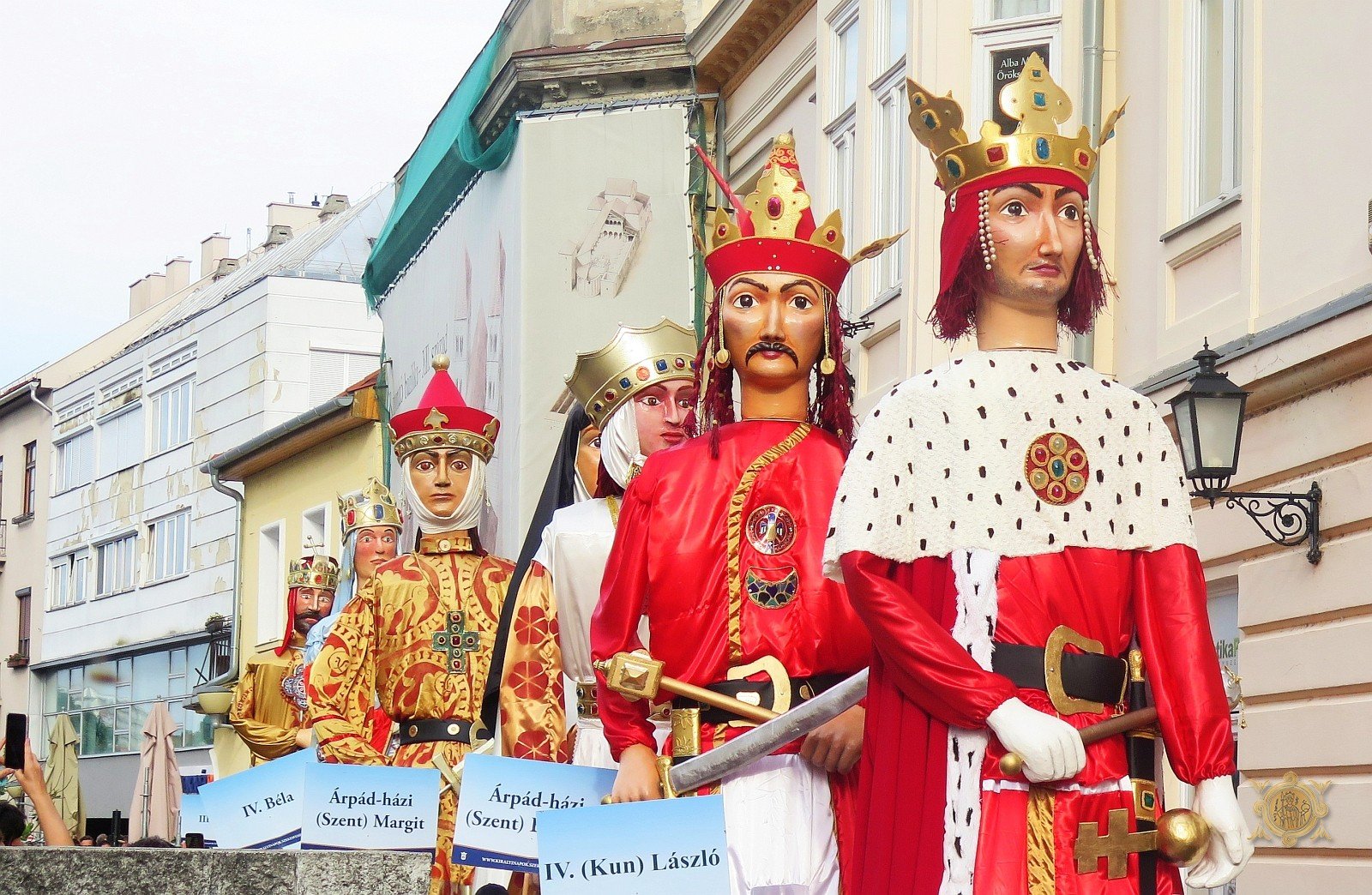What do Hungarians celebrate on 20th August?
While the 20th of August is the oldest national holiday in Hungary, this day had several meanings throughout history. Nowadays, it is generally considered to be the State Foundation Day of Hungary. Its origin roots back to the first king and state founder of Hungary, St. Stephens, who transformed the country into a European Christian country.

20th of August was first celebrated in 1092 when King Ladislaus declared it a sacred day and proposed the canonisation of Stephen. While the winds of history oppressed the open celebration of the day during the Ottoman occupation, it was reintroduced by Maria Theresa in the 18th century and was restored to its current status after the collapse of the Eastern Bloc.
Holiday-related customs and events
20 August arguably becomes the symbol of Hungarian independence: the official celebration begins with the ceremonial hoisting of the national flag on Kossuth square (where the Parliament building is located); followed by the carving of the Cake of Hungary and giving many of the state awards to our most distinguished citizens. There is also an organised procession held in honour of the Holy Right hand (the mummified right hand of St. Stephen) but the best-known event of the day is the spectacular fireworks after sunset when huge masses assemble on the banks of the River. Fireworks on 20 August have been part of the celebrations since 1927. There are celebrations in almost every part of the country, capped off by fireworks in the evening. The biggest in the country is the one in Budapest, shot from the Danube.
About 70 km far from Budapest, in Székesfehérvár history comes to life. Originally Saint Ladislaus (Ladislaus the first) canonised I Stephen in this town, what is called the Town of Kings. It was here that the Hungarian coronation insignia, the treasury, and the archives were kept, and it was here that the king held his national law-giving days, and only the king crowned in Fehérvár could be the legitimate ruler of the country. The Royal Days of Székesfehérvár, a multi-day arts festival organised around St Stephen's feast, is the city's most important event. Folk Dance Festival is also held on these days, which has been held for more than two decades.

This day is also associated with religious and folk customs. The Catholics celebrate the day of the first patron of Hungary, St. Stephen – which is the reason masses are hosted countrywide that day. The 20th of August also marks the Hungarian Festival of the New Bread: the blessing and slicing of a freshly baked loaf of bread is a widespread ceremony in the country that day and even across the border, in Transylvania. At the end of the summer, after the grain harvest, the first bread from the new wheat was baked on this day. The round bread is adorned with a ribbon in the national colors and the blessing is also part of the ceremony.

Each year the Cake of Hungary competition is organized by Hungarian Confectionery Industry Association on August 20th. It is a popular tradition to celebrate the most talented Hungarian confectioners and promote culinary innovation. This year the cake “Spicces Füge Respektus” has been the winner of the contest.
In Debrecen, the Flower Carnival is held at the end of August since 1966. The main procession is on the 20th of August when huge floral compositions are represented, made with hundreds of thousands of flowers. The procession is accompanied by Hungarian and foreign dancers and traditional groups parade through the streets of Debrecen. Not far from the city, on the nine-hole bridge at Hortobágy, a World Heritage Site, the Bridge Fair is organised at this time of year, where all the traditional crafts are represented.
As the twentieth of August is a public holiday, often falling on a weekday, Hungarians organise one last big trip or a short or long holiday at the end of the summer to celebrate the country's biggest holiday and have one last rest before the start of autumn.